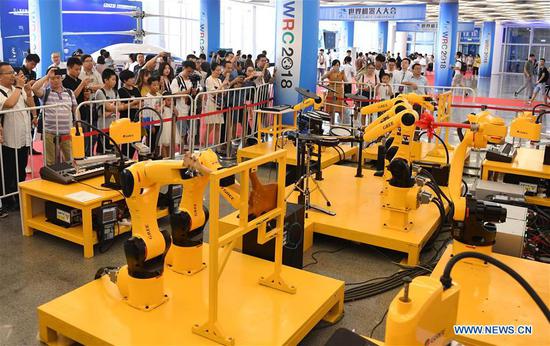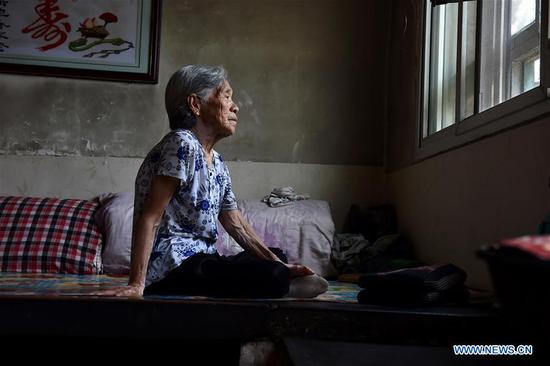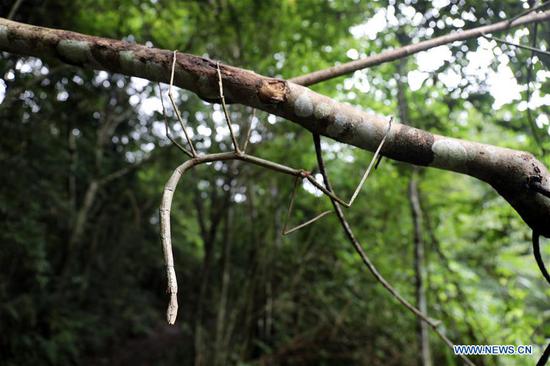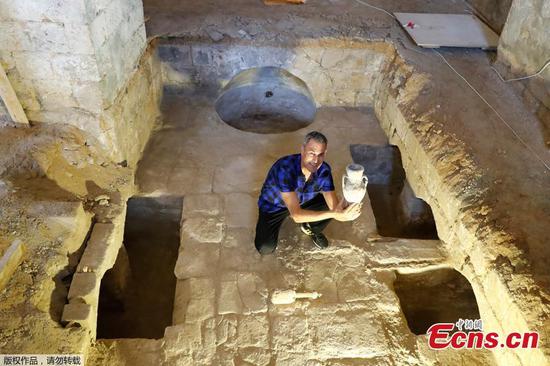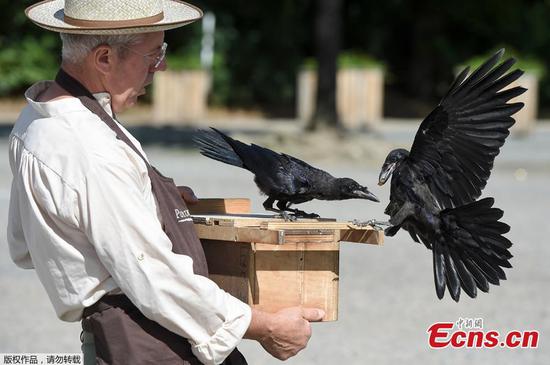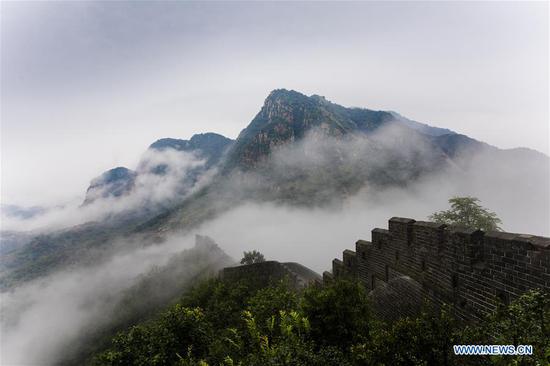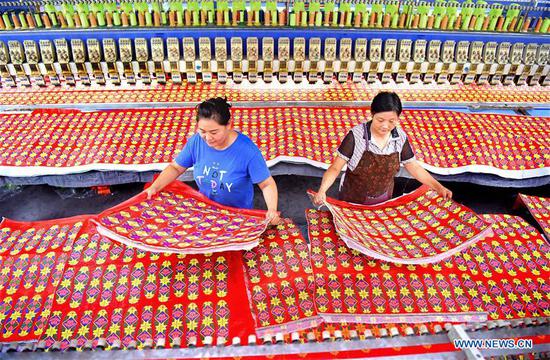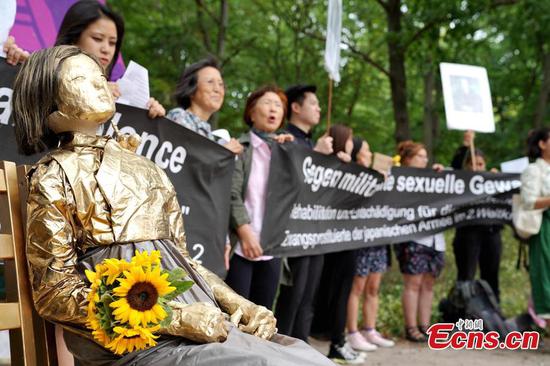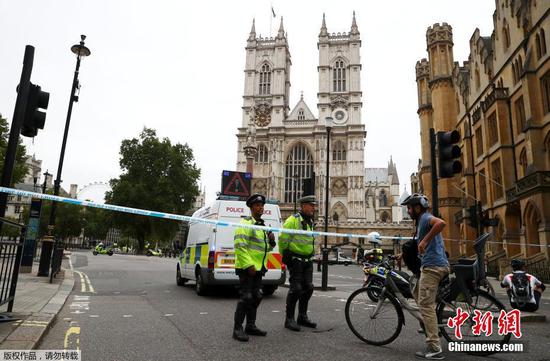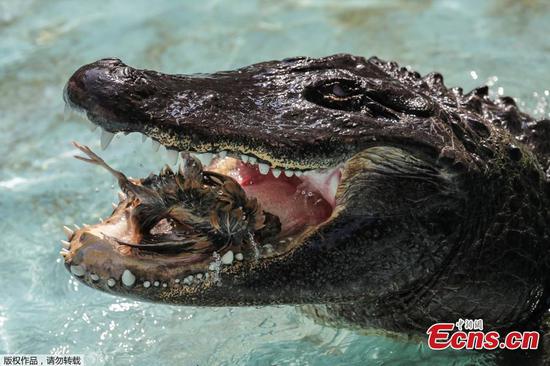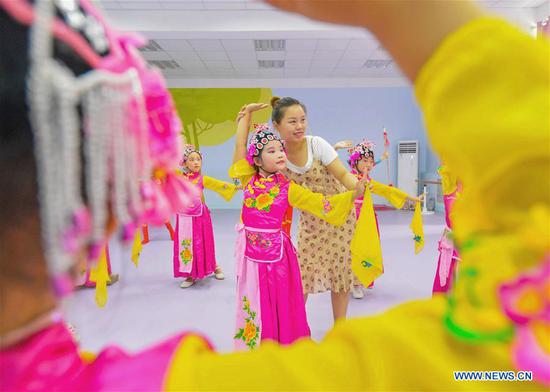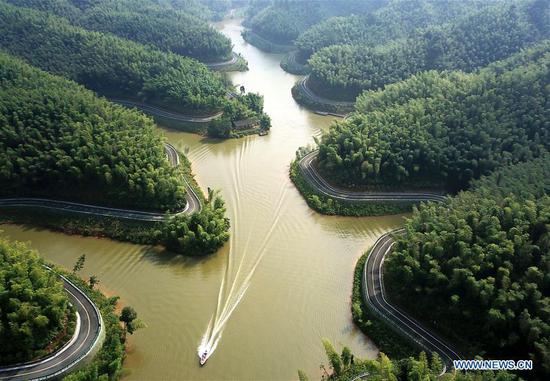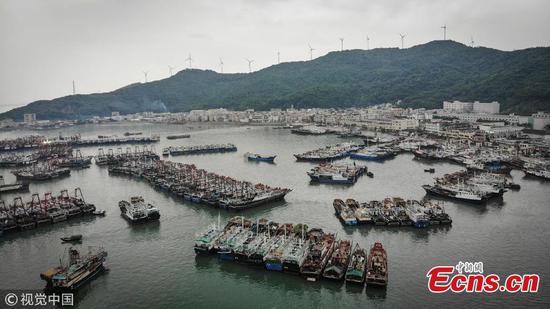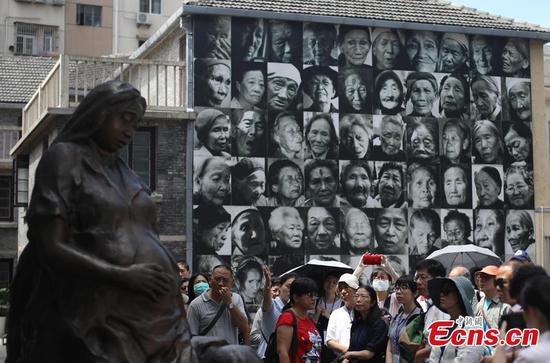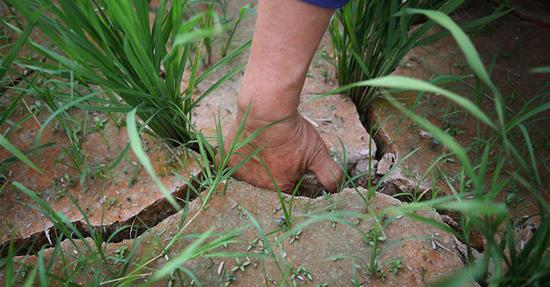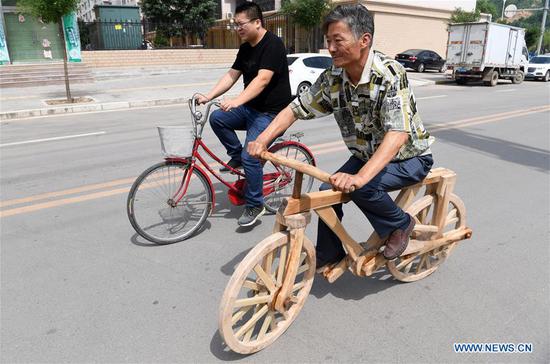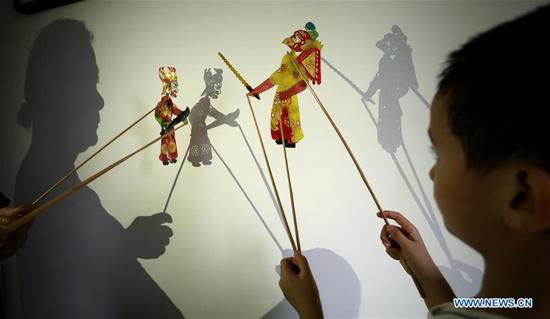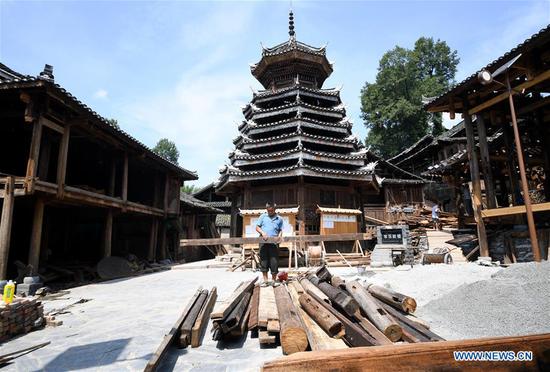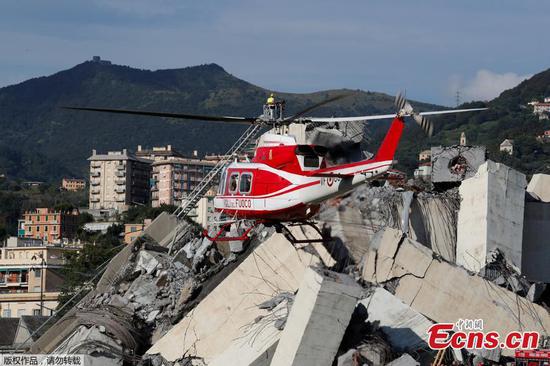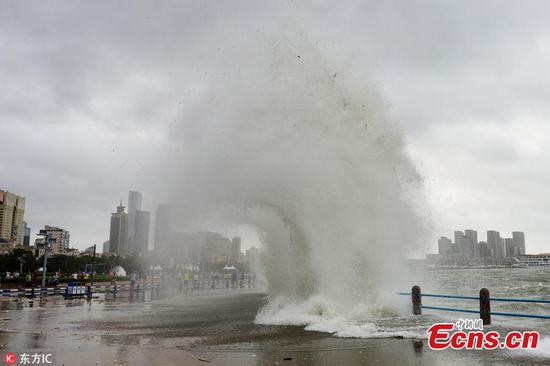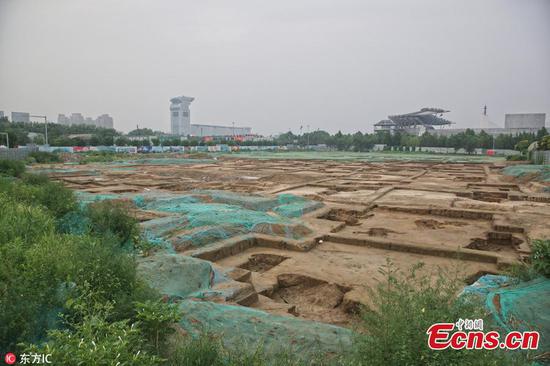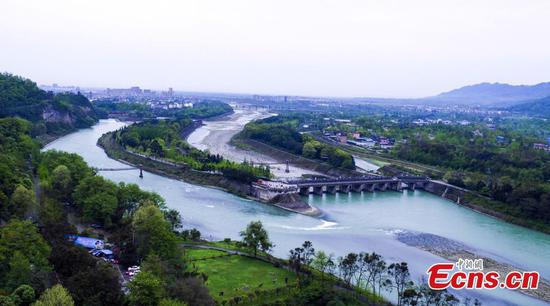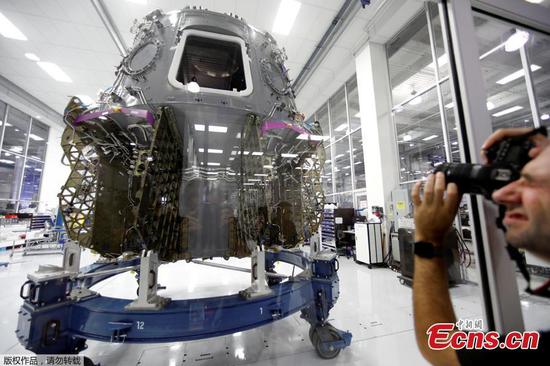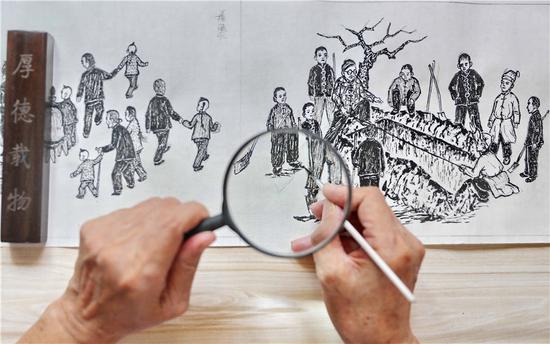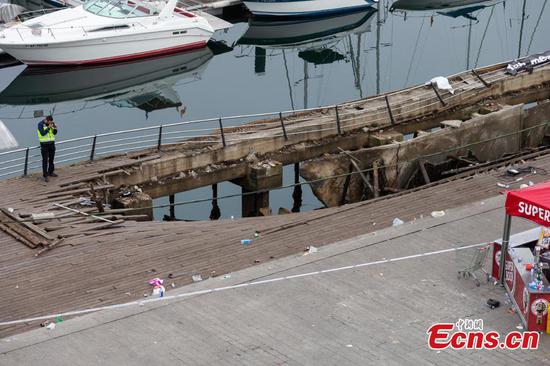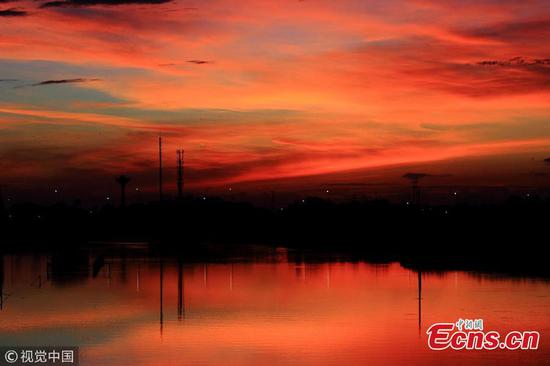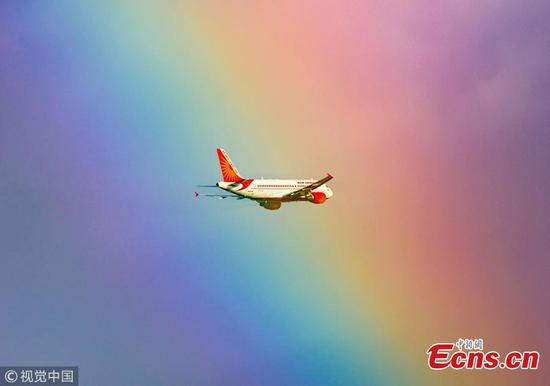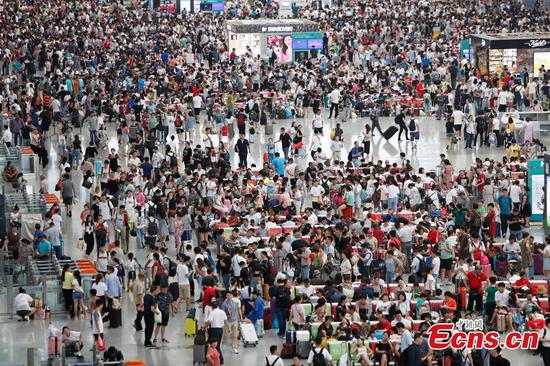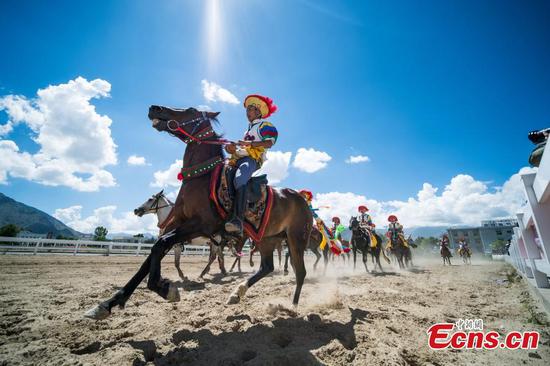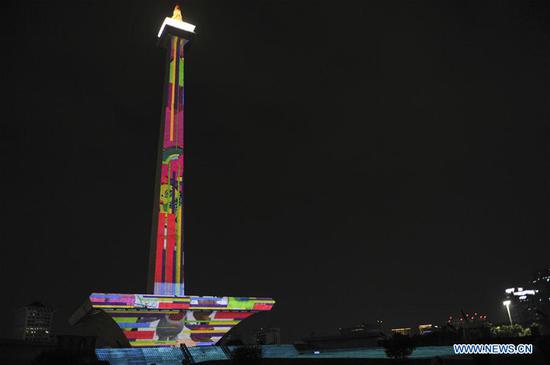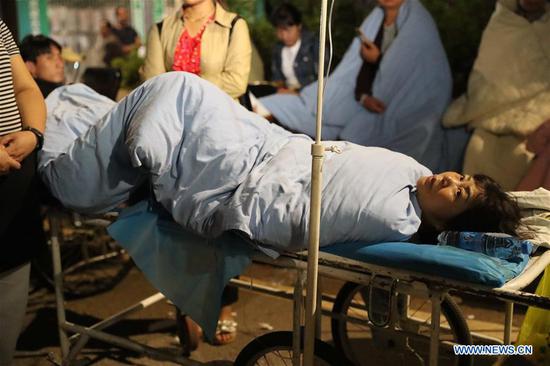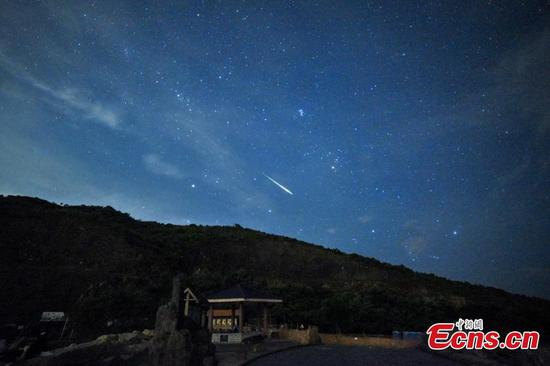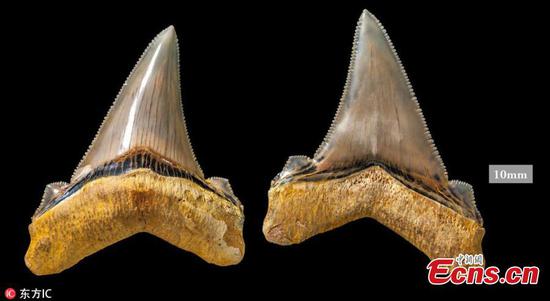Selling point
As an illustration of China's strength in infrastructure development, major venues built for 2008 still host sports and entertainment events, while in some previous host cities such venues sit idle.
Venues that remain busy in Beijing include the National Stadium, better known as the Bird's Nest, which hosted the opening and closing ceremonies, soccer and track and field competitions in 2008.
As a major selling point for Beijing's successful bid for the 2022 Winter Olympics, the reuse of eight of the venues in the city used in 2008, including the Bird's Nest, along with upgrading and transformation work, will see new life breathed into them for competitive and noncompetitive purposes in four years' time.
The Beijing 2022 Winter Olympics will use a total of 26 venues in the downtown area, the city's northwestern Yanqing district and in co-host city Zhangjiakou in Hebei province.
The reuse of facilities, coupled with the IOC's support to optimize savings in venue operation, broadcasting and transportation is expected to significantly cut the 2022 hosting costs for Beijing, said Christophe Dubi, the IOC's executive director for the Olympic Games.
"There is absolutely no doubt about Beijing 2022 being cost-effective," he said during a debriefing in the city in June on the 2018 Winter Olympics in Pyeongchang, South Korea.
"These legacy venues from the 2008 Summer Olympics have given Beijing a huge advantage in making the future Olympics much more sustainable and cost-effective," Dubi said.
Beijing's regulatory body for construction confirmed last week that transformation work on five existing venues, including the National Aquatics Center and National Indoor Stadium, which hosted swimming and handball, respectively, in 2008, had begun, with a completion deadline of the second half of next year.
The indoor stadium will be upgraded with an ice rink to host men's ice hockey in 2022, while the aquatics center, dubbed the Water Cube, will feature retractable structures to provide a frozen surface for the curling competition.
Upgrading work at three more Beijing 2008 venues-the Bird's Nest, the Wukesong Arena and the National Conventional Center-will take place in 2020. They will be transformed for the 2022 opening and closing ceremonies, women's ice hockey and media operations.
Bao Mingxiao, a researcher with the Center for Development of Sports Industry at Tsinghua University, said that with the transformation work for 2022 and commercial events such as concerts and entertainment shows being staged, Beijing has set an example for Olympic host cities in the post-Games operation of permanent facilities. This is despite challenges in using some technical and temporary venues.
"Making use of highly technical and professional sports venues for commercial and civil functions is a global issue, not just one in China," Bao said of international media reports on the disuse of the whitewater canoeing center and BMX cycling track for the 2008 Olympics.
"Beijing has already taken a lead among its fellow Olympic hosts in operating most of the permanent venues in urban areas, while its counterparts such as Sydney, Athens and Rio de Janeiro are still struggling to find post-event solutions for their own main venues."










